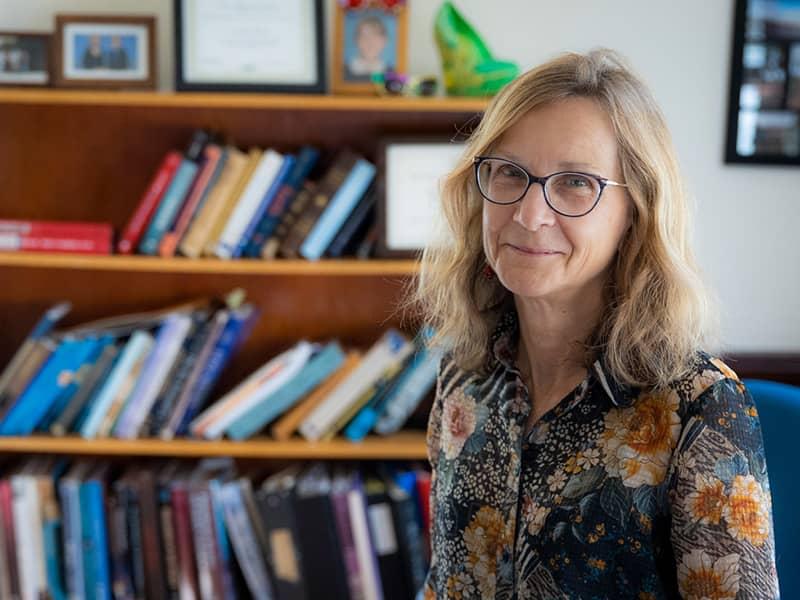Tulane geologist honored by National Academies of Sciences
Cynthia Ebinger, the Marshall-Heape Professor in the Tulane University Department of Earth and Environmental Sciences, has been named one of 14 Jefferson Science Fellows by the National Academies of Sciences, Engineering and Medicine.
As a Fellow, Ebinger will spend the next year as a full-time scientist with the U.S. Department of State’s Bureau of African Affairs, which is focused on the development and management of U.S. policy related to Africa.
The 2022-2023 class of Jefferson Science Fellows is the 19th class of Fellows selected since the program was established in 2003 as an initiative of the Office of the Science and Technology Adviser to the U.S. Secretary of State.
“I am excited about the opportunities to inform and enthuse Tulane students, and to be more effective in science and technology transfer as we plan for a more equitable, sustainable global community.”
Tulane geologist Cynthia Ebiinger
The program is designed to further build capacity for science, technology, and engineering expertise within the U.S. Department of State and U.S. Agency for International Development (USAID).
“I was attracted to the program by opportunities to apply my international science experience, and to learn how to inform and utilize international diplomacy,” Ebinger said. “I am excited about the opportunities to inform and enthuse Tulane students, and to be more effective in science and technology transfer as we plan for a more equitable, sustainable global community.”
The State Department’s Africa Strategy focuses on three core objectives: advancing trade and commercial ties with key African states to increase U.S. and African prosperity, protecting the United States from cross-border health and security threats and supporting key African states’ progress toward stability, citizen-responsive governance and self-reliance.
Ebinger’s research focuses on tectonic and volcanic processes occurring in rift zones and their implications for earthquake and volcanic hazards as well as for geothermal energy. She has long worked with scientists in Africa and South America to address hazard and energy challenges and to build regional networks.
Over the next year, Ebinger said she will focus on energy, critical minerals and climate migration/climate change challenges in Sub-Saharan Africa. She will also conduct research. In applying to the program, Ebinger wrote that her selection would significantly broaden the scope of Tulane’s involvement with the Department of State.
“It would facilitate an informed pipeline to careers at State and USAID,” she wrote. "The experiences could better inform future science and engineering initiatives at Tulane, and open new doors to funding and research opportunities bridging science, social sciences, and humanities.”

